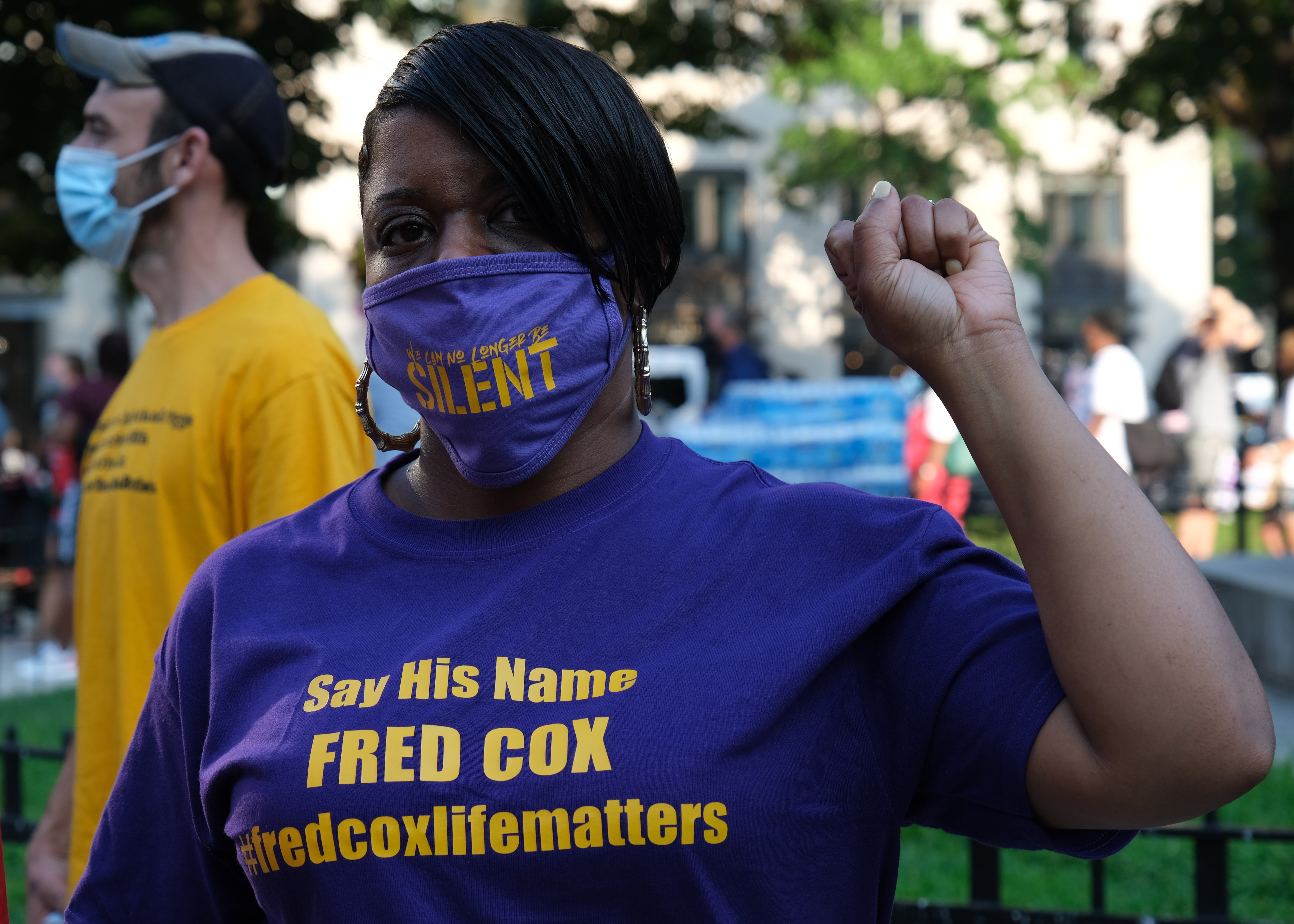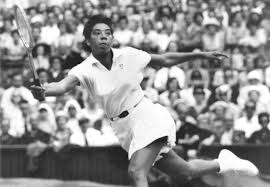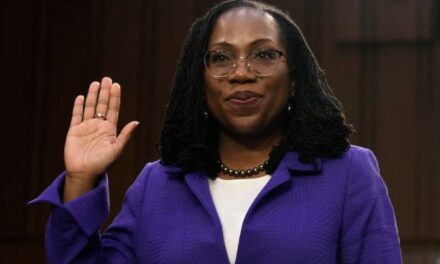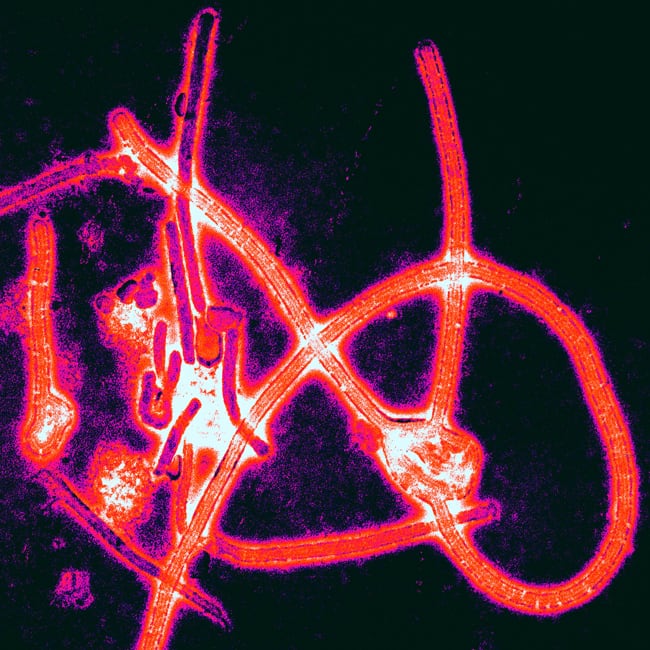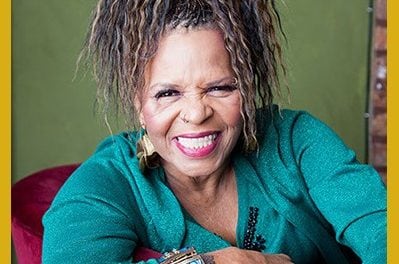SEEKING JUSTICE: Katherine Heath McIver and her family traveled from High Point, North Carolina, to raise awareness of the death of her 18-year-old nephew, Fred Cox Jr., who was shot and killed by a Davidson County detective. (Photo: Katherine Gilyard)
By Nyah Marshall and Gregory L. Coleman
WASHINGTON (HUNS) — Tenicka Shannon and her family were among more than 25,000 who gathered in the nation’s capital on Saturday to join “March On for Voting Rights.” African Americans as far away as California came to protest efforts to make voting more difficult and to urge Congress to pass the John R. Lewis Voting Rights Advancement Act, which would restore portions in the 1965 legislation struck down by the U.S. Supreme Court.
The protesters began at McPherson Square and marched to the stage on the National Mall in front of the Capitol Building, where speakers criticized those leading efforts to change voting laws in more than a dozen states. Speakers urged people to stand up and make their voices heard, or as some said, in the words of the late Congressman John Lewis, “to make good trouble.”
Shannon also wanted to focus on issues beyond voting. She and her family drove from High Point, North Carolina, to highlight the death of her son, Fred Cox. They held signs and wore shirts that said, “Justice for Fred Cox.”
Cox was shot to death on Nov. 8, 2020, at Living Water Baptist Church in High Point by an off-duty detective. Family members said Cox was trying to get people to safety during a drive-by at a funeral when he was shot by Davidson County Det. Michael Shane Hill, who claimed he saw Cox with a gun.
“My son was shot in the back twice, shot in the back of the neck once and shot in the side once, while he was helping people to safety when a gun ignited in church,” Shannon said. “The grand jury said that there was not enough evidence to charge the county detective that shot him.”
Alongside the topic of voting rights, speakers also addressed civil rights and social justice issues like police brutality, gun violence, reparations for slavery, immigration laws, mass incarceration and LGBTQ hate crimes.
Qween Jean, founder of the Black Trans Liberation Organization in New York City, said she was at the march to raise awareness for the violence committed against Black transgender women.
“We’re here today to not only to support (voting rights), but to stand in solidarity and fight for Black liberation,” Jean said. “We need to recognize our intersectionality within the Black community. Together, we will get our liberation quicker.”
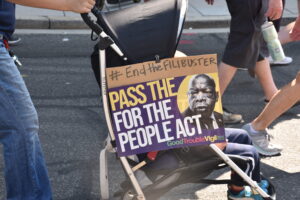
A stroller sign pushes the For the People Act, which supports voter registration and access. (Photo: Katherine Gilyard)
Marchers held a variety of signs, including “Stop Jim Crow 2.0,” “Protect Voter Rights,” “D.C. statehood is racial justice” and “Abolish the filibuster NOW.” Parents pushed babies in strollers with signs reading “Pass the For the People Act,” “Black Voters Matter” and “We Demand Voting Rights Now.”
The event was held on the 58th anniversary of the 1963 March on Washington, in which more than 200,000 people descended on Washington to demand racial justice and equal rights, and the Rev. Dr. Martin Luther King Jr. delivered his famous “I Have a Dream” speech.
A number of states, beginning with Georgia, have either attempted to or passed legislation designed to limit access to voting.
Georgia severely limited mail-in ballots and early voting, and the state criminalized passing water or food to people waiting in line to cast ballots.
Arizona will require anyone who has not cast a ballot at least once every two years to respond to a government notice or risk being placed on a list to not receive a ballot. Democrats in Texas have repeatedly delayed Republican attempts to restrict voting, including leaving the state for a month so the legislature would not have the number of legislators present to pass bills.
“Between Jan. 1 and July 14, 2021, at least18 states enacted 30 laws that restrict access to the vote,” according to the Brennan Center for Justice at New York University’s School of Law. “More than 400 bills with provisions that restrict voting access have been introduced in 49 states in the 2021 legislative sessions.”
“The right to vote is the most sacred and fundamental right we enjoy as American citizens and one that the foot soldiers fought, bled and died for in my hometown of Selma, Alabama,” U.S. Rep. Terri Sewell, who introduced the John R. Lewis Voting Rights Advancement Act (H.R. 4), said in a statement just days before the House of Representatives voted 219-to-212 in favor of the measure on Tuesday. A fight by filibuster is expected in the Senate.
Rep. Sheila Jackson Lee, D-Texas, was one of several Congressional Black Caucus members present at the march on Saturday.
Lee said the new efforts to change voting laws resemble the Jim Crow era, when segregation was legal and many African Americans attempting to vote were killed or terrorized through lynchings and the burning of Black churches and homes.
“Right now, we have the most suppressive voting laws since 1960,” Jackson told the audience.
Joyce Beatty, D-Ohio, chair of the Congressional Black Caucus, said the inability to vote could threaten all the gains African Americans have made and social justice efforts in the future.
“If we do not stand up for voting rights, if we do not stand up for the right to register to vote, then we cannot make change,” Beatty said.
On the anniversary of his father’s landmark speech, Martin Luther King III offered inspiring words of wisdom. In a boisterous voice, he also riled up the crowd, discussing the filibuster and why it needs to be eliminated.
“One hundred years ago, the government used the filibuster to keep Black Americans from having a full promise to freedom, and now they’re doing it again,” said King, who joined the Andrea Waters King’s Drum Major Institute as an organizer of “March On for Voting Rights.”
The Rev. Al Sharpton, president of the National Action Network, called on President Joe Biden to urge West Virginia Sen. Joe Manchin, a Democrat, and others to push through the Lewis voting rights act.
“You need to pick up the phone and call Manchin and others and tell them that if they can carve around the filibuster to confirm Supreme Court judges for President Trump, they can carve around the filibuster to bring voting rights to President Biden,” said Sharpton, whose organization co-sponsored the march.
The crowd of 25,000 was half of the 50,000 that organizers had projected.
Chanel Brown, 27, said she came from the San Francisco Bay area in northern California with dozens of volunteers from their local National Urban League to show that voting rights is a cause important to people of all ages.
“We just want to show that millennials are engaged and active on issues,” Brown said, “whether it’s voter suppression, voter apathy.”
As a teacher and a mother, Kiana Byrd, 33, said she felt compelled to be a part of the movement.
“I believe in voting rights,” said Byrd, a social studies teacher with the Atlanta public school system. “I believe in statehood for D.C.”
“This is legacy building,” she added. “I have a son, and I want to make sure what we are doing today sets the foundation for a better life for him tomorrow.”
Nyah Marshall, Gregory L. Coleman and Katherine Gilyard are reporters for the Howard University News Service.

